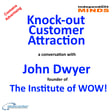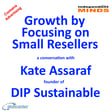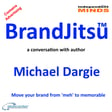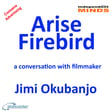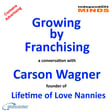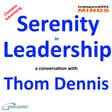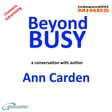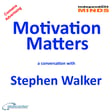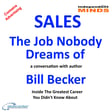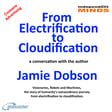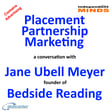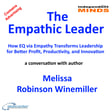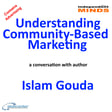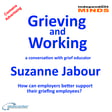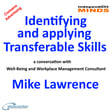
Taking the DIFFERENT Approach to Leadership Development
Despite more than half a century of DEI initiatives women, and people of BAME communities still face challenges that make accessing senior management roles difficult. The problem is particularly common in the public sector. Traditionally the public sector has drawn employees from these communities, but it is usually still white males who end up in the top jobs.
Now two women who have broken through the glass ceiling have created DIFFERENT, a different way of providing the skills, knowledge, and wisdom that helped them build their successful careers.
Meena Kishinani and Deborah Cadman have both had long and highly successful careers as leaders of public sector organisations.
In this episode of the Abeceder podcast The Independent Minds you will hear Meena and Deborah share with host Michael Millward examples of why women and BAME public sector workers hit a glass ceiling. They explain what happened that enabled them to break through that glass ceiling.
Now they have brought what they benefited from informally into a structured programme that has been powered by Tile Hill and Newtrality, two organisations that are committed to creating proportional representation in senior Local Government leadership. DIFFERENT
Anj Popat, an associate director at specialist recruiter Tile Hill explains the important impact that this future focused programme, which is sponsored by change consultancy Newtrality, will have on the supply of high-quality candidates by giving women and BAME community members what they need to be application ready.
Anj, Deborah, and Meena reflect on the positive impact initiatives like DIFFERENT will have on public sector organisations that are under increasing pressure to do increasingly more with increasingly less.
Find out more about both Michael Millward, and all his guests at Abeceder.co.uk
The Independent Minds is made on Zencastr, because as the all-in-one podcasting platform, on which you can create your podcast in one place and then distribute it to the major platforms, Zencastr really does make creating content so easy.
If you would like to try podcasting using Zencastr visit zencastr.com/pricing and use our offer code ABECEDER.
Travel
The Independent Minds team are all members of the Ultimate Travel Club, so they can access trade prices on flights, hotels, trains, package holidays and all sorts of other travel purchases. You can also become a member at a discounted price by using their offer code ABEC79 when you join-up.
Three the network
If you are listening to The Independent Minds on your smart phone, you may like to know that Three has the UK’s Fastest 5G Network with Unlimited Data, so listening on Three means you can wave goodbye to buffering.
Visit Three for information about business and personal telecom solutions from Three, and the special offers available when you quote our referral code WPFNUQHU.
Being a Guest
If you would like to be a guest on The Independent Minds, please contact using the link at Abeceder.co.uk.
We recommend that potential guests take one of the podcasting guest training programmes available from Work Place Learning Centre.
We appreciate every like, download, and subscriber.
Thank you for listening.
